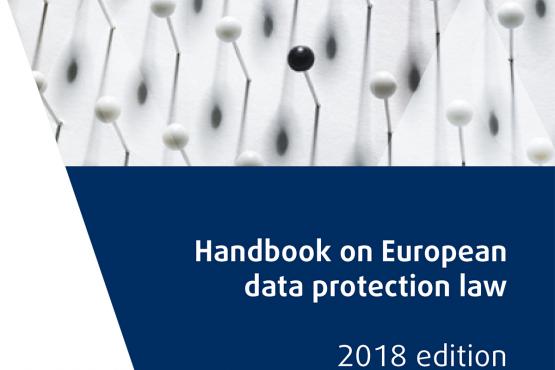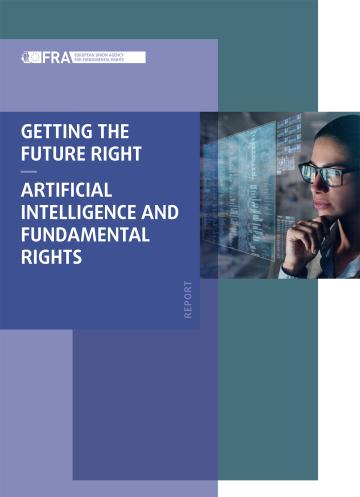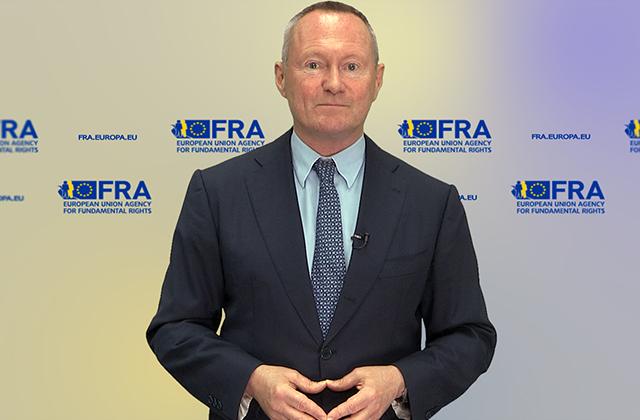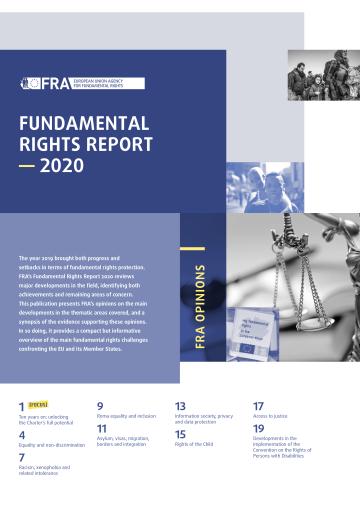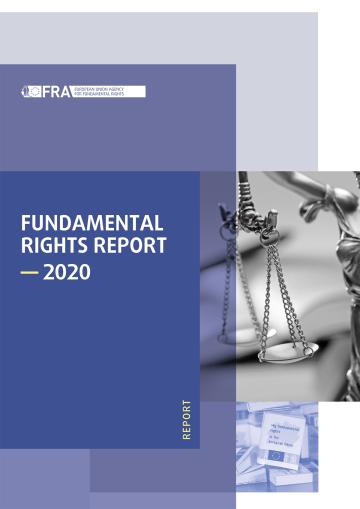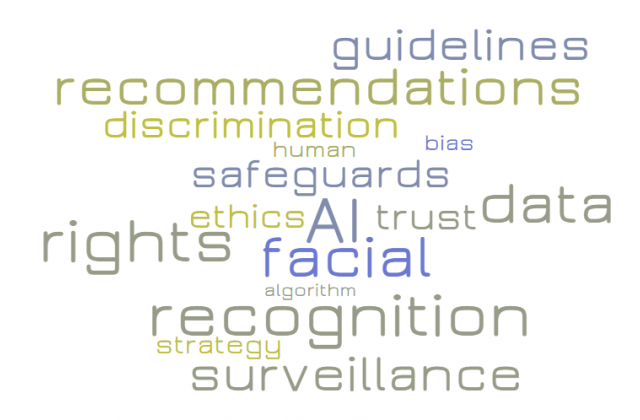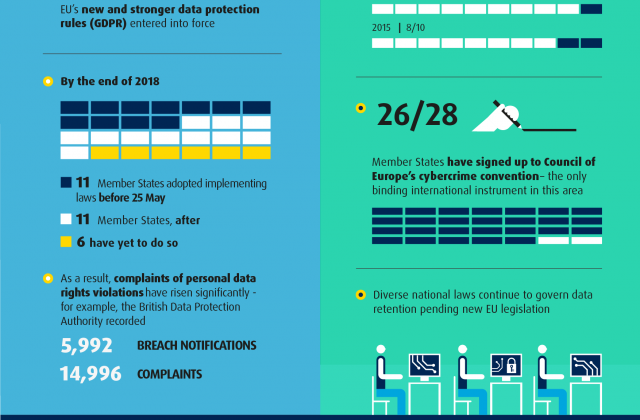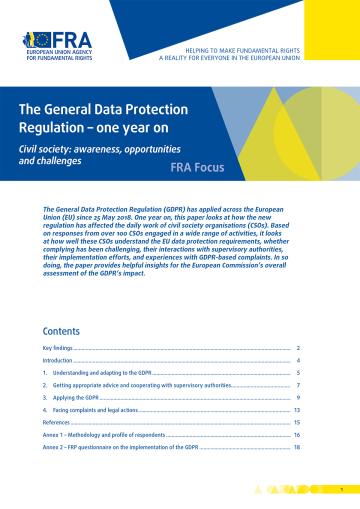Protection des données, respect de la vie privée et nouvelles technologies
Highlights
- Report / Paper / Summary4décembre2025Artificial Intelligence comes with both benefits and risks. Safe AI use that accounts for fundamental rights is thus crucial. While the 2024 EU AI Act was a milestone in this regard, its broad definitions regarding AI systems and high-risk AI could introduce loopholes for fundamental rights compliance. This report offers an empirical basis for much-needed practical guidance on the Act’s implementation. Based on interviews with AI developers, sellers, and users, FRA addresses challenges of its use in critical domains, like asylum, education, and employment. Our findings help guide next steps in realising the AI Act’s potential to ensure responsible innovation.
- Report / Paper / Summary24mai2023This report provides a partial update on the findings of the 2017 European Union Agency for Fundamental Rights (FRA) report Surveillance by intelligence services: Fundamental rights safeguards and remedies in the EU. It was prepared at the request of the European Parliament, which asked FRA to update its 2017 findings to support the work of its committee of inquiry to investigate the use of Pegasus and equivalent surveillance spyware (PEGA).
- Report / Paper / Summary8décembre2022Artificial intelligence is everywhere and affects everyone – from deciding what content people see on their social media feeds to determining who will receive state benefits. AI technologies are typically based on algorithms that make predictions to support or even fully automate decision-making.
- Handbook / Guide / Manual25mai2018L’évolution rapide des technologies de l’information souligne la nécessité d’une protection
solide des données à caractère personnel, un droit qui est garanti à la fois par les instruments de
l’Union européenne (UE) et du Conseil de l’Europe (CdE). Les avancées technologiques repoussent
notamment les frontières de la surveillance, de l’interception des communications et de la
conservation des données, ce qui met le droit à la protection des données face à des défis
majeurs. Le présent manuel est conçu de façon à permettre aux praticiens du droit qui ne sont pas
spécialisés dans la protection des données de se familiariser avec ce nouveau domaine du droit.
Il présente un aperçu des cadres légaux applicables de l’UE et du CdE. Il explique la jurisprudence
essentielle et résume les principaux arrêts de la Cour de justice de l’Union européenne et de
la Cour européenne des droits de l’homme. Il propose, en outre, des illustrations pratiques
basées sur des scénarios hypothétiques des divers problèmes rencontrés dans ce domaine en
évolution constante.




